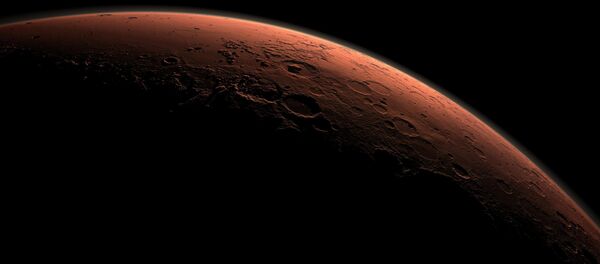Tridymite genesis requires the combination of extremely high temperatures and high silica content in the volcanoes, according to the study.
"On Earth, tridymite is formed at high temperatures in an explosive process called silicic volcanism. Mount St. Helens, the active volcano in Washington State, and the Satsuma-Iwojima volcano in Japan are examples of such volcanoes," said Richard Morris, the lead author of the study and NASA planetary scientist at NASA's Johnson Space Center in Houston.
"The discovery of tridymite was completely unexpected. This discovery now begs the question of whether Mars experienced a much more violent and explosive volcanic history during the early evolution of the planet than previously thought," said Doug Ming, co-author of the paper and chief scientist at the space center.
The finding will also stimulate scientists to re-examine the way tridymite forms to find out whether it could form at lower temperatures and not imply silicic volcanism.



